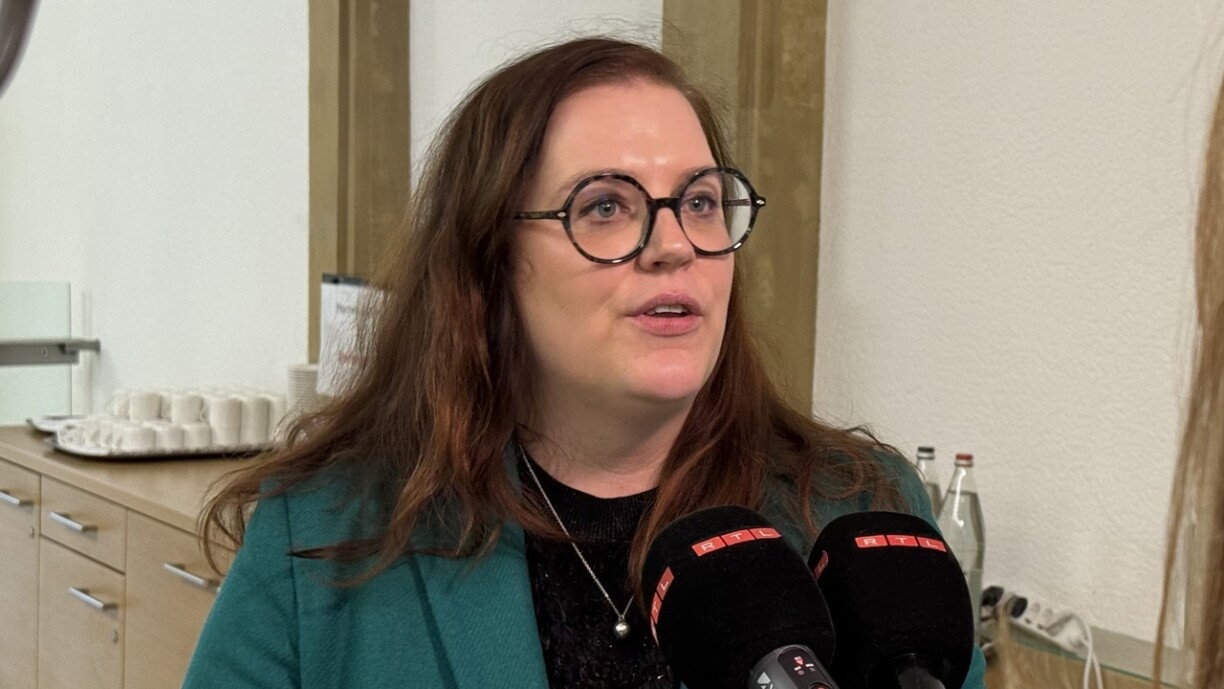
On Wednesday morning, members of the special parliamentary committee on the Caritas scandal debated whether committee president MP Stéphanie Weydert, of the Christian Social People’s Party (CSV), could impartially fulfil her mandate. The debate followed a letter from the Caritas Foundation and Caritas Accueil et Solidarité, which accused Weydert of a conflict of interest, citing her former role as a lawyer for a firm currently representing one of the banks involved in the case.
Weydert dismissed the accusations, clarifying that she has not practised law since November 2023, when she handed over all her cases and vacated her office at the firm in question. Since then, she has been on 40 hours of political leave per week to serve as Mayor of Rosport-Mompach and as an MP in the Chamber of Deputies.
After an extended discussion, the committee decided to consult the parliamentary ethics committee and the head of the bar association to definitively address the concerns. This follows the earlier resignation of CSV MP Laurent Zeimet as president of the committee to avoid a potential conflict of interest due to his connections with a law firm involved in the Caritas case.
Weydert stated that she believes Caritas’ letter was an attempt to avoid saying out loud that the foundation does not want to appear before the committee.
On the same day, the special committee heard from Claude Marx, director general of the Financial Sector Supervisory Commission (CSSF). Marx defended the current legal framework for fraud and money laundering, describing it as “good enough,” but acknowledged that no framework can entirely prevent violations.
The CSSF has been investigating whether the banks involved in the Caritas case adhered to their legal obligations. A report summarising its findings is expected by the end of March.
However, Marx noted that this report would likely remain inaccessible to both the government and the Chamber of Deputies, as the law permits only the banks to receive such reports. Any sanctions imposed on the banks by the CSSF would be made public, but other details would remain confidential.
Embezzlement case: Caritas challenges legality of parliamentary probe, alleges conflict of interest
Conflict of interest: Laurent Zeimet resigns from Caritas parliamentary committee